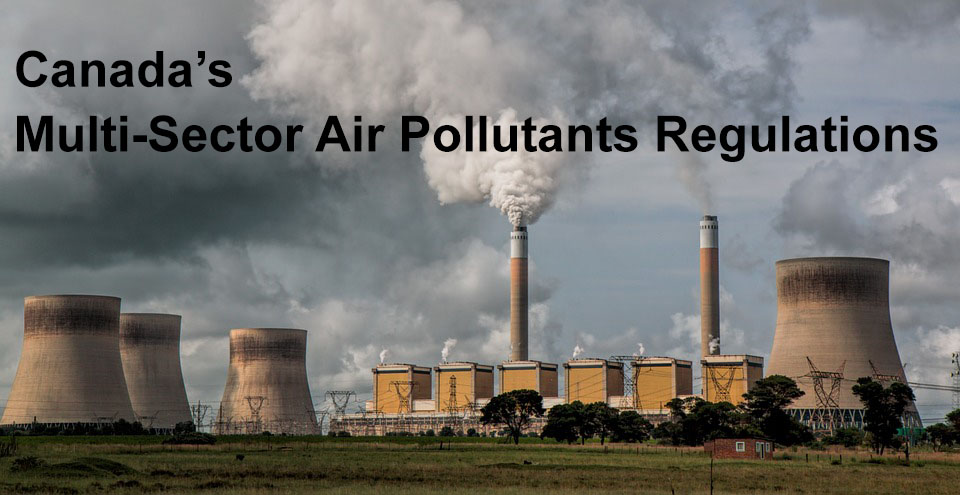Purpose of the New Rules
On June 29th, 2016, the Canadian Government passed a new multi-sector air pollution regulation setting a mandatory national air pollution standard for Nitrogen Oxide and Sulfur Dioxide emissions.
Chemicals Being Monitored and Why?
- Nitrogen oxide (NOx) from boilers/heaters in specific regulated facilities
- Nitrogen oxide (NOx) from spark-ignition engines that combust gaseous fuels
- Nitrogen oxide (NOx) and Sulphur Dioxide (SO2) from cement manufactory facilities.
The government is targeting these specific chemicals because of its contributions to the Air Quality Management System (AQMS). The AQMS helps the government to implement new air quality and citizen health laws.
Which Industries are affected?
A list of Industries affected by these new regulations are:
- Oli and gas facilities
- Chemical facilities
- Base metals facilities
- Alumina facilities and aluminum facilities
- Power plants
- Iron, steel and metal facilities
- Cement manufacturing facilities
www.ec.gc.ca – a website dedicated to Environment and Climate Change in Canada – states: “It is expected that some of the compliance costs would be passed on to consumers, however, the degree of this pass through would depend on the specific circumstances and the competitive position of the affected sectors as well as, in some cases, facility-specific circumstances, including geographical location.”
Regulation Deadlines
Although passed in 2016, the new regulations are allowing businesses plenty of time to act. Deadlines range from January 1st, 2018 to January 1st, 2036.
For the boilers/heater industries, emissions must not exceed 70 g/GJ by 2036. For the engine industries affected, new equipment must be regulated by 2019 and then go through two phases of implementation – one in 2021 and the other in 2026. For cement industries, factories must use cement kilns by 2018 and must pass compliance standards by 2020 .
Please contact A. Lanfranco and Associates Inc. for a quote if your equipment requires monitoring for compliance with the Environment Canada MSAPR.

